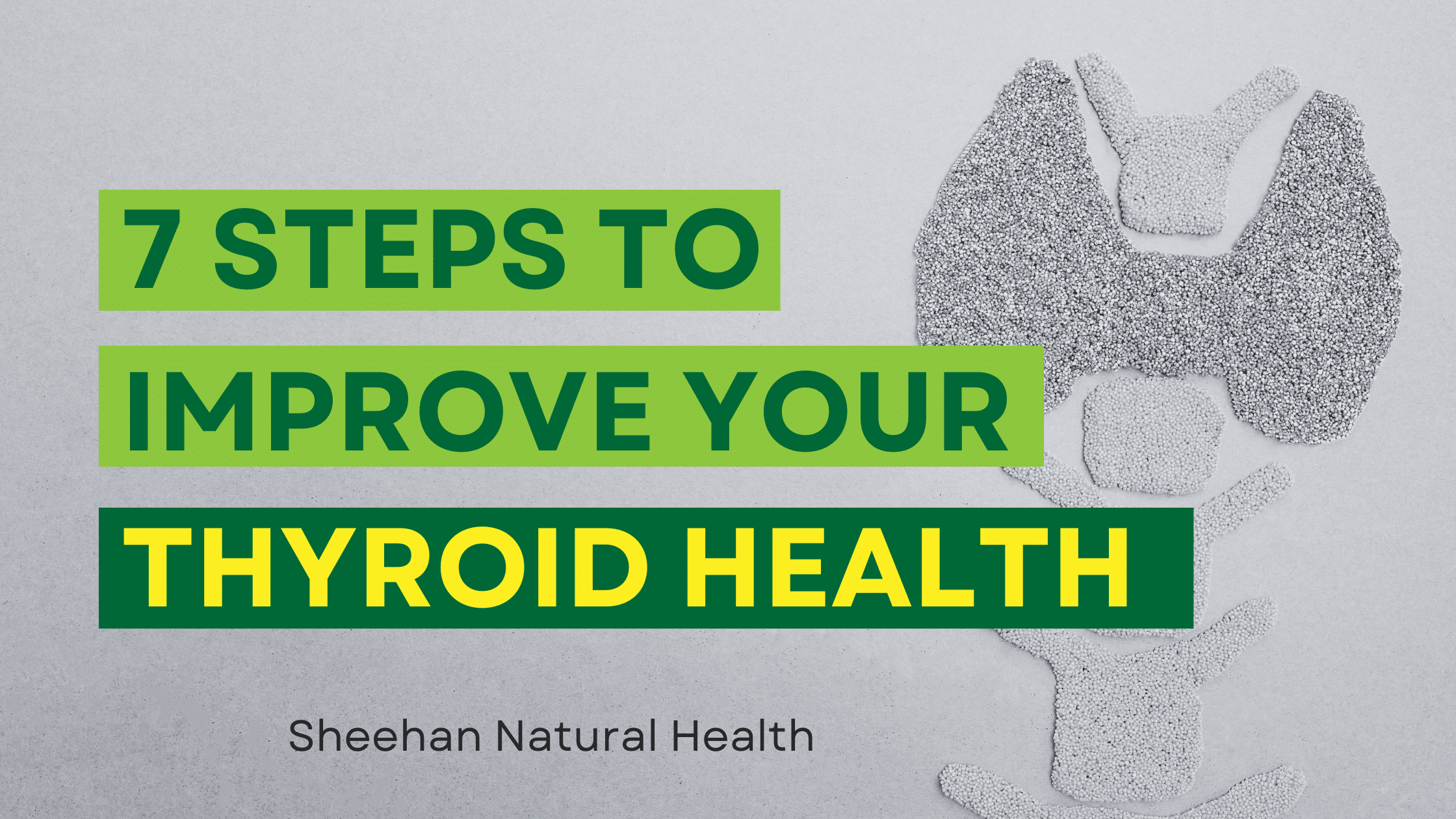By Dr. Keith Sheehan
October 17, 2019
I’m sure that I have thyroid problems, but my doctor says my labs are normal, what gives? We get this question all the time in our clinic. These are the top three reasons why this happens.
1. Incomplete Lab Tests
Incomplete lab tests: 90% of the time when patients say that their doctor checked their thyroid, when you look at their lab tests, the doctor only checked the TSH levels. This is a fail!
In addition to testing TSH, in order to properly evaluate thyroid function, you must also check total T3, free T-3, total T4, free T4, and T3 uptake. To see if you have Hashimoto’s thyroiditis, which accounts for 90% of hypothyroidism, you must also test for anti-TPO antibodies and anti-thyroglobulin antibodies.
You can only assess the effectiveness of any treatment you are undergoing for thyroid dysfunction by getting all of the lab tests that are listed above. By the way, once you have your baseline of the above test values, you do not need to test all of these each time you want to assess thyroid function.
Future testing need only test the values that were out of functional medicine reference ranges. So basically, the above tests must all be done to get a proper baseline, and only the tests that were not of optimum values need to be followed up by your doctor to assess future progress. Simple!
2. Standard Reference Ranges Vs. Functional Reference Ranges
When assessing blood chemistry, most doctors (and laboratories), look at what is called a “standard laboratory reference range”. This is based on an average of people who are getting their blood tested, both sick and healthy. Therefore, when one patient is comparing their results to this standard laboratory reference range, really what they are doing is seeing how sick they are compared to a population who is both healthy and sick. This is kind of like going to McDonald’s and seeing that compared to the people in there, you’re in pretty good shape. But if you go to a gym where there tend to be more healthy people, we tend to notice how out of shape we can be. While humbling, it is a more honest assessment of our physical fitness.
Functional medicine blood chemistry reference ranges are like the people at the gym—it’s an average of the blood chemistry levels taken from people who are healthy. By comparing our values to these, we notice how out of shape we can be. What often happens with patients who are symptomatic, is that they are within the standard laboratory reference ranges but are outside the functional medicine reference ranges.
In our office, we use functional medicine blood chemistry reference ranges. We also refer to the standard laboratory reference ranges so that we can show our patients the difference between the two. Patients love seeing the black-and-white the difference. Just this morning I saw a patient whose main complaints were chronic fatigue and fibromyalgia. Her previous labs showed no problems. But when I ran a functional medicine blood chemistry panel on her, guess what? It showed that she was hypothyroid and had marked inflammation! No wonder she felt horrible!
3. It’s Not Your Thyroid Afterall
It’s something else entirely! Yes, this happens a lot. The most common symptoms of subclinical hypothyroidism or fatigue, weight loss or weight gain, irritability and depression, insomnia, brain fog, low sex drive, and joint pain. There are many other reasons why the symptoms can occur. Many of them overlap. Blood sugar issues, B vitamin deficiencies, food sensitivities, and iron deficiency and or excess are just a few other common conditions that come to mind.
Check out this article that shows 7 different things that affect the thyroid:
7 Steps to Improve Thyroid Health
If subclinical hypothyroidism has been ruled out using the functional medicine blood chemistry reference ranges, these issues must be addressed, otherwise, no progress will be made.
Sincerely,
Dr. Keith Sheehan
P.S. To find out more about Nutrition Response Testing, click here.
To find out more about Functional Medicine, click here:




